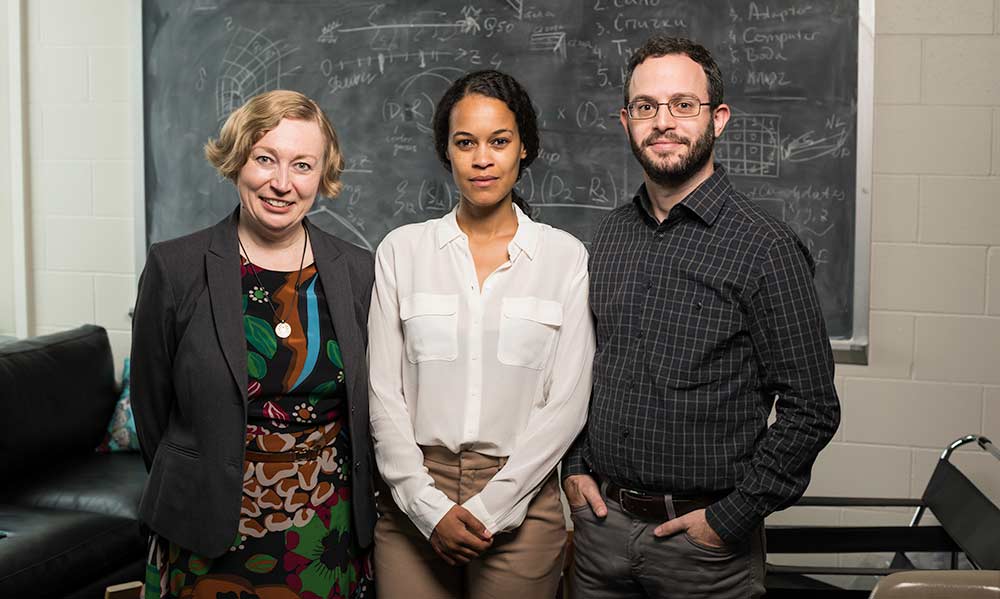
Rochester cosmology group has all eyes on dark energy
Rochester’s newly formed cosmology group is at work to create the most detailed 3-D map of the universe ever seen.

Six Rochester graduate students offered National Institutes of Health fellowship grants
Five graduate students from the University of Rochester Medical Center and one from the School of Arts and Sciences have been offered National Institutes of Health F31 fellowship grants to support their health-related research.

Science meets art
Artist Allison Newsome recently approached Anne S. Meyer, an associate professor of biology, about incorporating Meyer’s sustainable, artificial nacre materials into a new art piece. The artificial nacre produced in her lab mimics natural nacre, also known as mother-of-pearl.
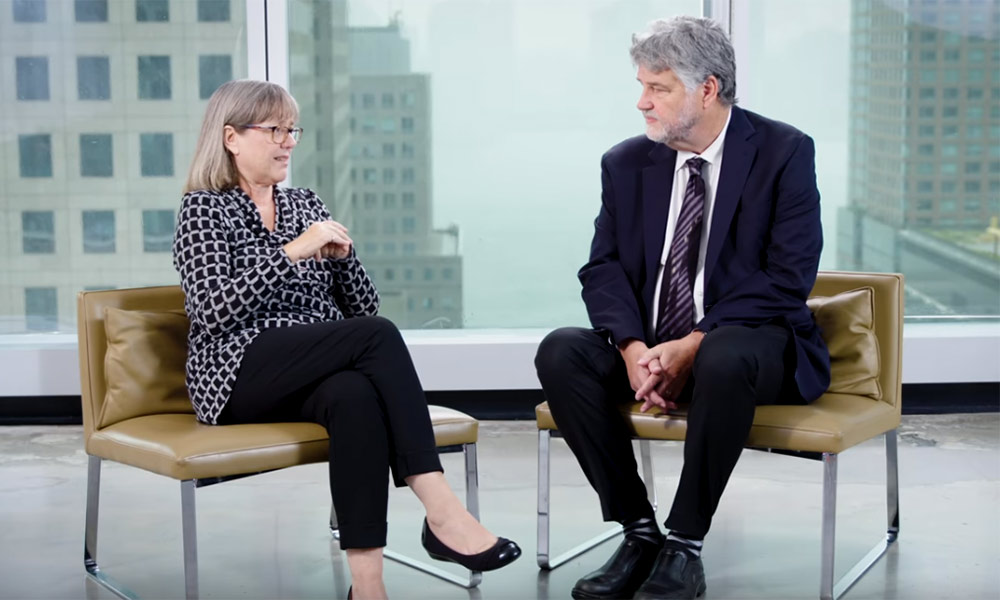
‘Lasers are everywhere’
In a video for WIRED University alumna and Nobel Prize recipient Donna Strickland ’89 (PhD) explains the inner-workings of lasers to five different people: a child, a teenager, a college student, a graduate student, and, finally, to an expert: Mike Campbell, director of the Laboratory for Laser Energetics.
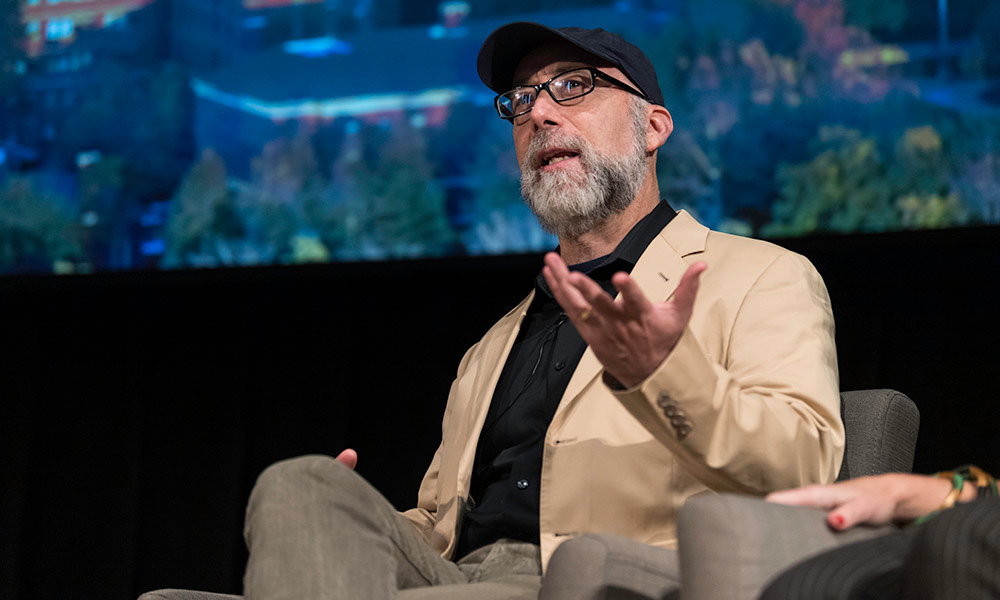
Adam Frank wins multiple awards for promoting public understanding of science
The University of Rochester astrophysicist recently received the American Physical Society’s 2020 Joseph A. Burton Forum Award and his latest book Light of the Stars was awarded the 2019 Phi Beta Kappa Award for Science.
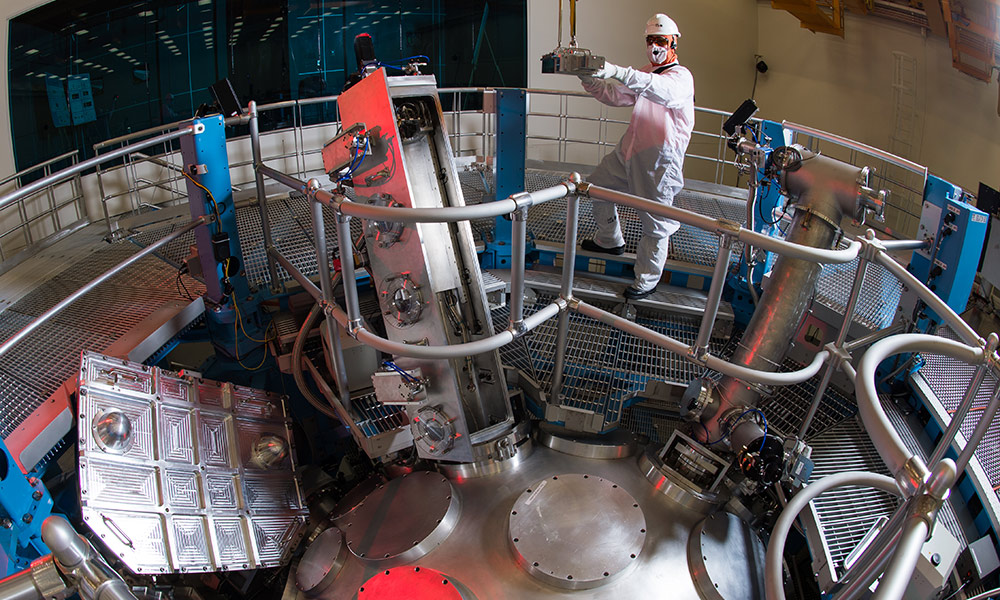
Rochester recognized as leader in high-energy-density physics
Three of eight national research grants recently awarded by the Department of Energy were given to researchers at the University of Rochester, which is home to the largest university-based DOE research program in the nation.

Using machine learning to understand climate change
In a vast ocean where direct observational data is scarce, Rochester researchers are using data science to understand how shallow coastal waters and deep oceans contribute to the methane found in the atmosphere.
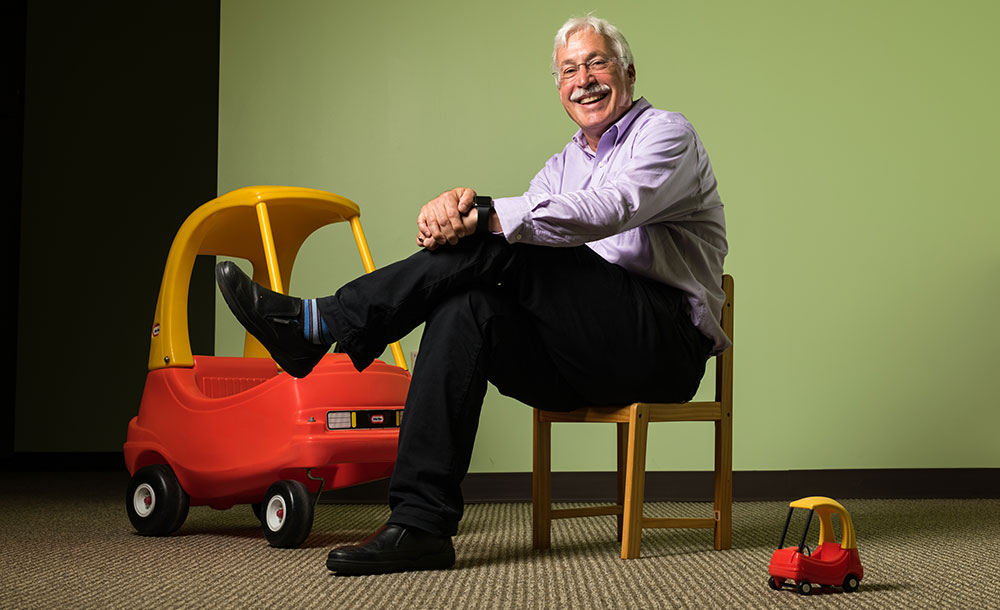
Making a study of adapting to change
Karl Rosengren joined the University faculty this summer, with a research focus on how children think and reason about changes in the world around them. In the process, he’s adapting to change himself, as the spouse of the University’s new president, Sarah C. Mangelsdorf.
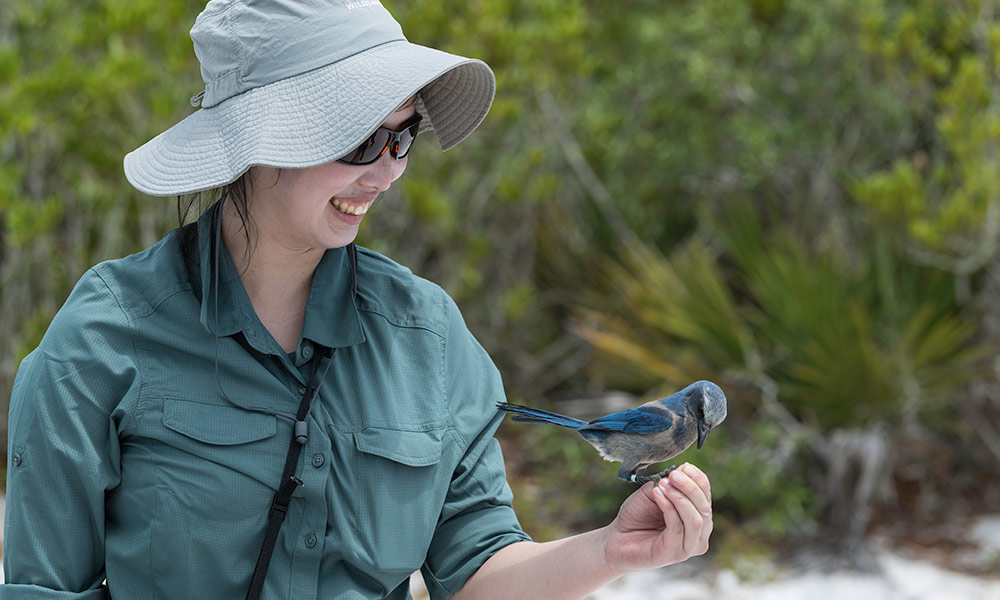
Understanding an endangered species, bird by bird
Rochester biologist Nancy Chen is mapping the evolutionary forces affecting an endangered species of Florida birds, and raising fundamental questions about how and why species go extinct.
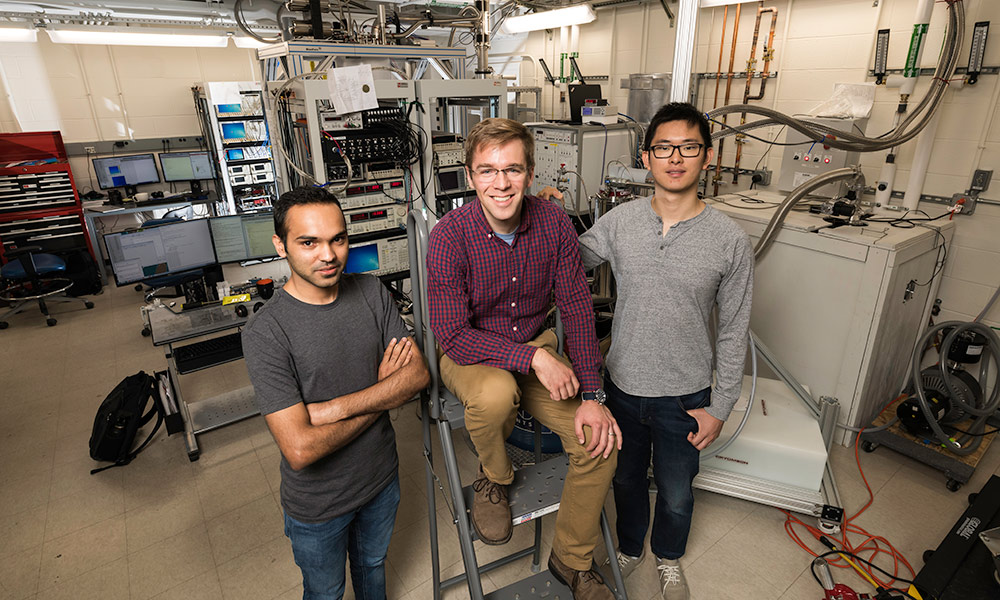
One small step for electrons, one giant leap for quantum computers
Quantum computing has revolutionary potential, but transferring information within a quantum system remains a challenge. By transferring the state of electrons, Rochester research brings scientists one step closer to creating fully functional quantum computers.

